“The demand for the perfect is the greatest enemy for the good . . . Perfection is a mathematical or divine concept, goodness is a beautiful, human concept that includes us all.”
Richard Rohr, Falling Upward
This book is a sacred text for me. Rohr’s book alludes to why I choose to continue attending the church I was raised in even though I do not believe in the doctrine or rules or priesthood or organization – something I have struggled to understand my whole life. Why do I love these people in this church that doesn’t represent me, acknowledge me, or change with me?
In Falling Upward, Rohr teaches that the “ego,” that first half of life self that is driven by purity and security and superior identity, prefers almost anything to changing or dying; it fears the future; it fears failure; it fears its shadow; it fears falling. The institution of the church I was raised in continues to cling to this security, this ego. Which is lonely and frustrating; however, Rohr emphasizes in his book that if we do not do the first half of life well, we cannot fall into the second phase of life at all. Living the first half of life well, seeking security, focusing on identity and purity and self-discipline, is the only way into the second phase of life.
Additionally, according to Rohr’s book, to free ourselves from the fear and superiority of the first phase of life, we must fall. Learning involves stumbling, tragedy, and sin. Learning is falling. And then, after falling, we learn how strength and wisdom are built up through letting go. We learn that control and certainty are illusions; we learn that falling is learning: hence, falling upward. A paradox. A mystery. A concept that is rigidly condemned in fundamental religious rhetoric and structure.
Church organizations do not promote this type of life, this enlightenment or awakening. Rohr suggests, and I see evidence in my own experience, that churches are designed for the first stage of life. They meet the qualifications of certainty and control very well. The rules and repetitive doctrine, the blind obedience, the dependence on leaders, the chronic obsession with precedence, and the hierarchical structure keep the ego central to worship within a church institution. However, it is humans who teach and learn and grow and serve and sacrifice and grieve and dance – humans and the church are separate entities.
“People who are doing helpful and healing ministry find their primary support from a couple of enlightened friends and only secondarily, if at all, from the larger organization. Larger institutions might well provide the skeleton, but the muscle meat and miracles invariably happen at the local level.” This book, written by a Catholic Priest, recognizes that religious institutions fail to educate about or embrace the second phase of life and all of the people who find themselves there. However, humans do this. Painfully, in the dark, we reach around for each other.
At the beginning of his book, Rohr explains that he needs to be humiliated once a day to remind himself how to be a good human. Now I think about this all of the time. Do I lean into humiliation? Do I blame others or demean myself or lie or run away when I look like a fool or make a mistake or hurt the people I love? Do I accept my mistakes, my limits, and my shadows in order to learn? Do I allow myself to fall upward?






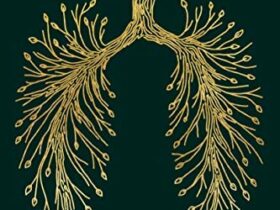


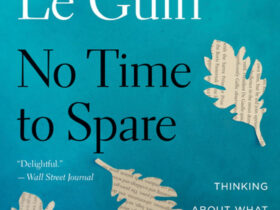








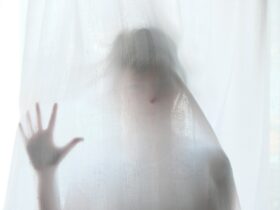

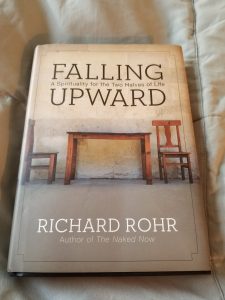


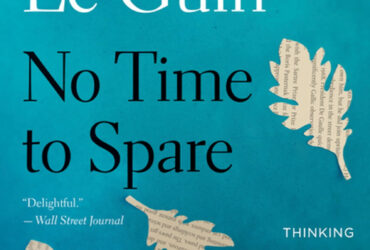



1 Comment